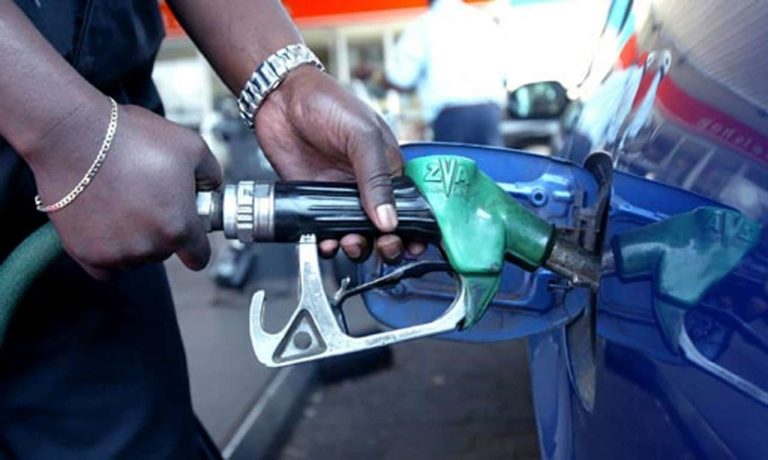
Nigeria, Africa’s largest oil producer, is facing a paradoxical situation with fuel scarcity hitting several states, including Lagos. This July, the citizens of Lagos State and other parts of Nigeria have been experiencing long queues at petrol stations, a situation that has been attributed to adverse weather conditions affecting the supply chain.
The Major Energies Marketers Association of Nigeria (MEMAN) has identified thunderstorms and lightning as the primary causes for the recent petrol shortfall, which has led to the emergence of fuel queues across Lagos. These weather conditions have delayed ship-to-ship trans-loading operations and other logistics, resulting in a disruption of the supply to filling stations.
MEMAN’s executive secretary, Clement Isong, has advised against panic buying, emphasizing that such behavior exacerbates the issue by creating artificial scarcity and posing significant safety hazards. He reassured the public that the weather has cleared and the distribution of fuel to all stations across the country has resumed.
Register for Tekedia Mini-MBA edition 19 (Feb 9 – May 2, 2026): big discounts for early bird.
Tekedia AI in Business Masterclass opens registrations.
Join Tekedia Capital Syndicate and co-invest in great global startups.
Register for Tekedia AI Lab: From Technical Design to Deployment (next edition begins Jan 24 2026).
Furthermore, the Nigerian National Petroleum Company Ltd. (NNPCL) has been actively working to tighten the supply chain to prevent illegal smuggling of petrol, which has been a contributing factor to the increased domestic consumption. The NNPCL is also buying and importing petrol at international prices while selling it at considerably lower domestic prices, which adds to the financial complexities of the situation.
The cost of fuel is a critical factor in the economic stability and daily life of any nation, and Nigeria is no exception. As of mid-2024, the price of petrol in Nigeria has seen fluctuations, with the official pump price set at N617 per litre. However, due to various factors such as logistics and location-specific issues, prices can range from N600 to N700 per litre across different regions of the country, with an average price hovering around N630 per litre.
This variance in fuel prices can significantly impact both individuals and businesses. For the average citizen, it affects the cost of commuting, the price of goods, and the overall cost of living. For businesses, especially those reliant on transportation and logistics, it can mean the difference between profit and loss.
The reasons behind these price changes are complex. They stem from global oil prices, exchange rate fluctuations, and domestic factors like transportation logistics. Nigeria, despite being a major exporter of petroleum, still faces challenges in refining petroleum within its borders, leading to reliance on imported petrol, which can be costlier due to additional expenses like shipping and handling.
The fuel scarcity has had a ripple effect, caused traffic gridlocks and affected the daily lives of Nigerians. Some filling stations have been reported to sell petrol at prices as high as N900 per liter, significantly above the official rate. Despite these challenges, the NNPCL has dismissed fears of a fuel scarcity, citing that the distribution issues have been resolved and affirming the availability of products.
The high cost of fuel also affects other sectors, notably the power generation sector. Many Nigerians rely on petrol-powered generators due to inconsistent electricity supply, further emphasizing the importance of stable and affordable fuel prices.
Understanding the dynamics of fuel pricing is essential for policymaking and for individuals to make informed decisions. The government’s role in regulating and stabilizing fuel prices is crucial in maintaining economic stability and supporting the livelihood of its citizens.
This situation highlights the delicate balance between supply chain management, weather phenomena, and consumer behavior. It serves as a reminder of the complexities involved in fuel distribution in a country where petrol is a lifeline for its economy and everyday life.



